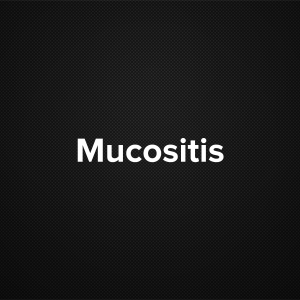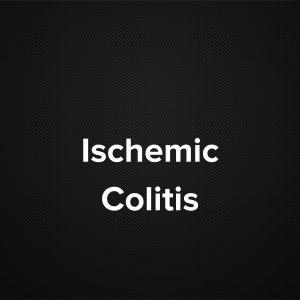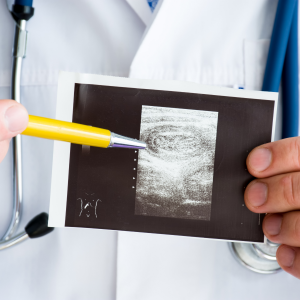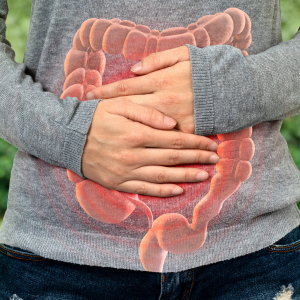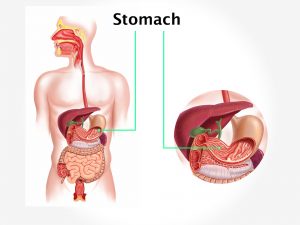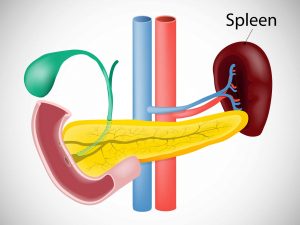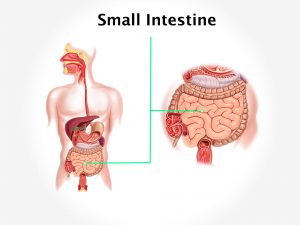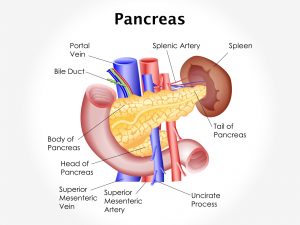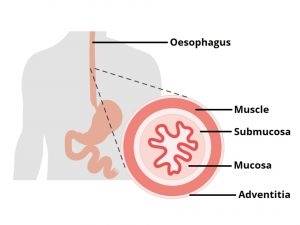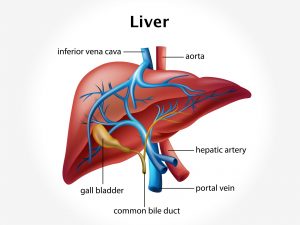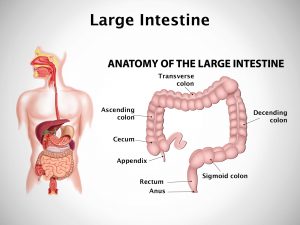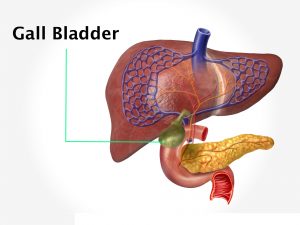Causes and risk factors
There are 3 types of polyps found in the stomach. Hyperplastic, fundic gland polyp and adenomas. Hyperplastic polyps are formed due to reaction to inflammation in cells. They are common in people with gastritis, H pylori infection. They are larger in size and are at higher risk of becoming cancerous. Fundic gland polyps are formed from the glandular cells that line the inner lining of stomach. They are common in people who frequently take medicines such as antacids to combat acidity. Adenomas are also formed from glandular cells. They are least common but at highest risk of becoming cancerous. They are associated with inflammation and an inherited condition called familial adematosus polypus. Stomach polyps are seen among people at age of 50 years and above.
Clinical presentation
Many times patient is asymptomatic. The polyps are rich in blood supply. Sometimes these polyp rupture and cause hematemesis. Chronic polyps may cause anaemia. Most of the times polyps are associated with gastritis. Some may present with abdominal pain, tenderness, bloating.
Investigation
Medical history by the patient and Clinical examination by the doctor helps in diagnosis. Routine blood tests are recommended. Imaging studies such as USG abdomen, gastroendoscopy confirm the diagnosis. Tissue biopsy is advised in some cases which may be useful for further evaluation.
Treatment
No treatment is required for asymptomatic patients. Small polyps also do not require any treatment. Treating the underlying cause such as H pylori infection, gastritis is necessary. Surgical removal by endoscopy is needed in case of larger polyps, adenomas and polyps associated with familial adenomatosus polypus.
Other Modes of treatment
The other modes of treatment can also be effective in treating stomach polyps. Homoeopathy is a science which deals with individualization considers a person in a holistic way. This science can be helpful in combating the symptoms. Similarly the ayurvedic system of medicine which uses herbal medicines and synthetic derivates are also found to be effective in treating stomach polyps.



